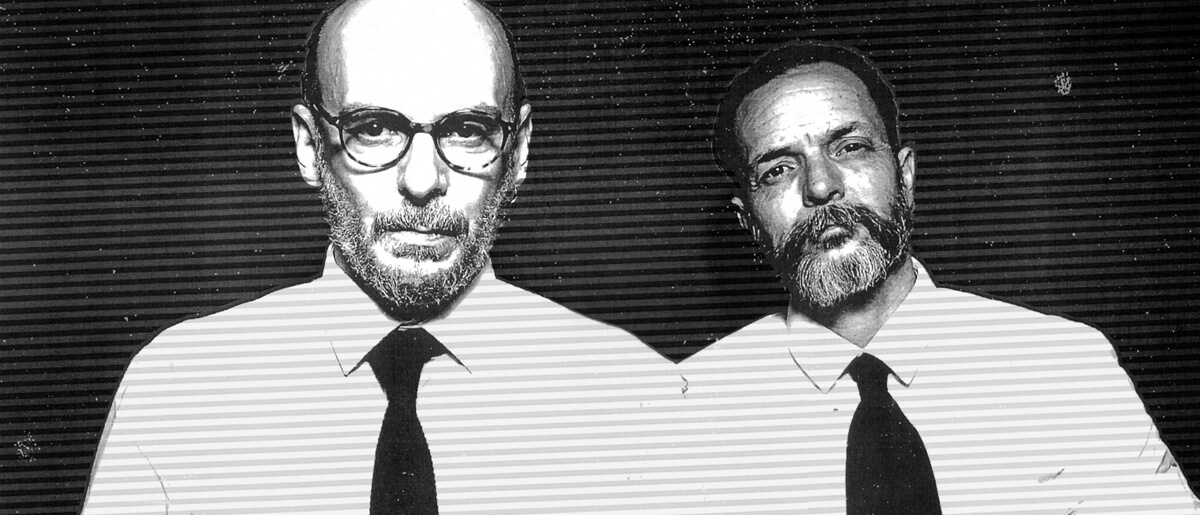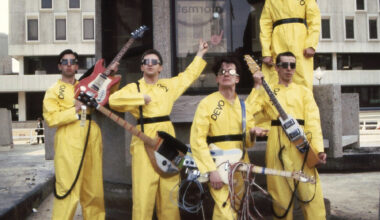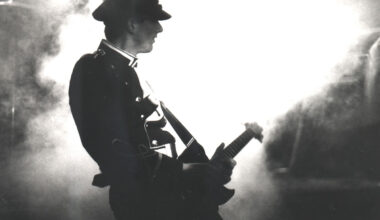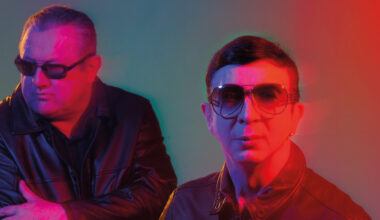On their prog house-inspired new album ‘Arseholes, Liars And Electronic Pioneers’, provocative electronic duo Paranoid London are as anarchic, unfiltered and gloriously engaging as ever
Want to read more?
Sign up to Electronic Sound Premium to gain access to every post, video, special offers, and more. 100%, all you can eat, no commitment, cancel any time.
Already a premium member? Log in here






